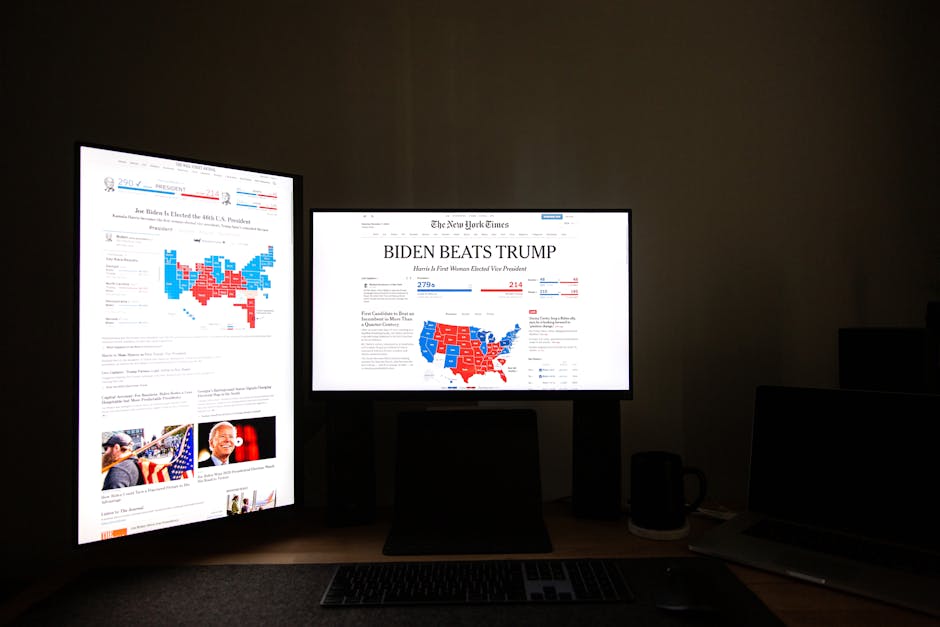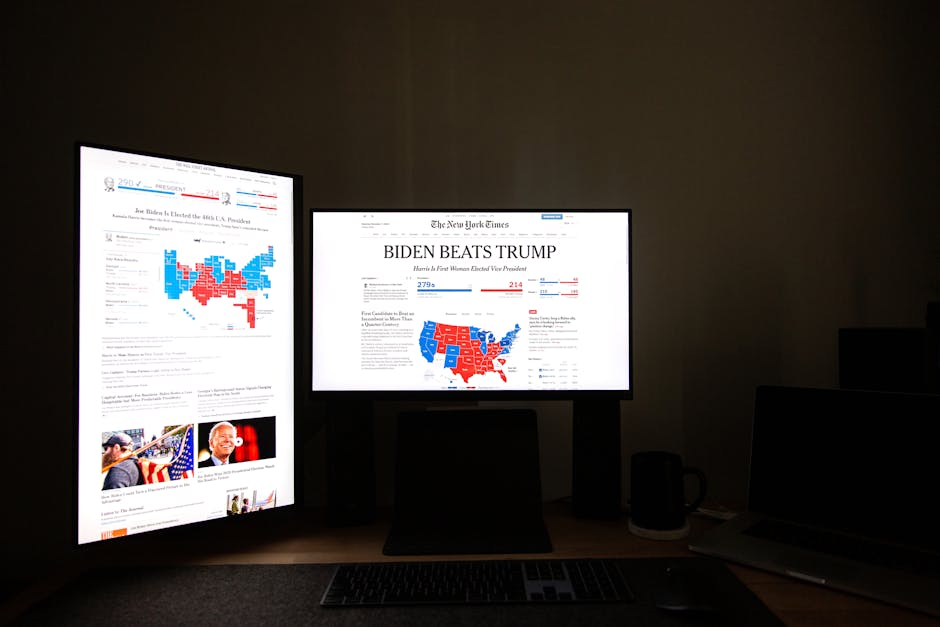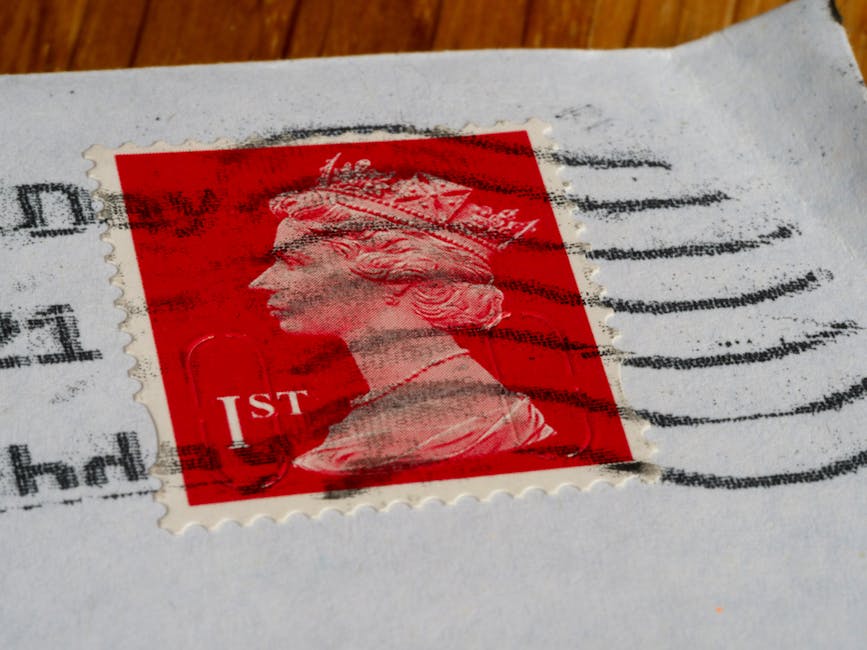Congress Approves Bill to Release Epstein Files
A political bombshell is set to detonate in Washington D.C. after the United States Congress, in a rare display of bipartisan unity, approved a bill compelling the full, unredacted release of all documents related to convicted sex offender Jeffrey Epstein. The landmark legislation now heads to President Donald Trump‘s desk, where his signature will be the final step in potentially exposing one of the darkest scandals of the modern era.
For years, victims and the public have demanded transparency regarding Epstein’s sprawling network of powerful associates. This bill represents a major victory in that fight, moving beyond court-ordered disclosures to a legislative mandate for total transparency.
A Bipartisan Push for Transparency
In a deeply polarized political climate, the passage of this bill through both the House and the Senate is a significant event. Lawmakers from both sides of the aisle have united under the principle that accountability must transcend party politics.
Proponents argue that the pervasive secrecy surrounding the Epstein case has eroded public trust and that shielding powerful individuals, regardless of their affiliations, is no longer tenable. This unified front sends an unequivocal message: the time for secrets is over.
What Could the Epstein Files Reveal?
The bill mandates the release of a comprehensive set of documents that have been the subject of intense public speculation. This includes:
* Unredacted flight logs from Epstein’s private jet.
* Ghislaine Maxwell’s “black book” of contacts.
* Internal schedules and communications.
* Potentially explosive witness testimonies and depositions.
While previous releases have named some individuals, this legislation promises a complete picture of the network that enabled Epstein’s crimes, with alleged connections to elite figures in politics, business, academia, and royalty worldwide.
A High-Stakes Decision for President Trump
The world’s attention now turns to the White House, as the bill to release the Epstein files heads to Trump’s desk. The President faces a complex political calculation with his decision.
Signing the bill would align with his “drain the swamp” narrative, positioning him as a leader unafraid to expose elite corruption. Given his past, downplayed association with Epstein, signing could be a strategic move to demonstrate he has nothing to hide.
Conversely, vetoing the bill would be politically disastrous. It would immediately spark accusations of a cover-up, fueling speculation about who he might be protecting and handing a powerful weapon to his political opponents in an election year.
The release of these files could have far-reaching, global implications, exposing a web of complicity that stretches far beyond U.S. borders. As the bill lands on his desk, President Trump holds the key to unlocking a generation’s worth of secrets. A reckoning is coming, and it starts at the White House.




